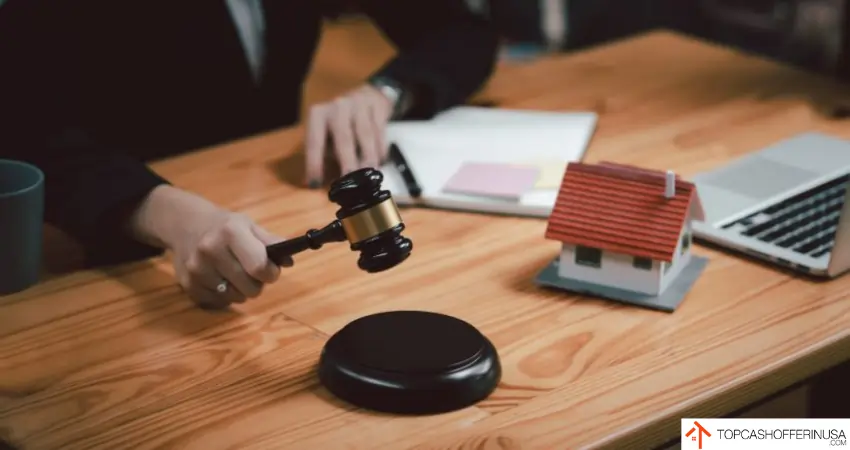Buying the house back is known as “redeeming” within the allotted time. This period is referred to as the redemption period, which is measured after the sale takes place. To re-avail the house, the owner would have to pay the total credit and any other charges, including interest. The redemption period also varies in every U.S. state.
The eviction process starts after you pass the redemption period and still haven’t cleared your former property. In this case, you will get a notice to evacuate the premises. If you fail to comply, authorities can have you removed from the property.
This process is different for every state and depends on the circumstances in each case. You might even receive a notice to quit before being evicted. This notice gives the foreclosed owner sufficient time to leave the place before the official eviction begins. Hence, it is best to vacate the property before receiving an eviction notice.
To sum it up, you can legally take everything you brought. You have legal rights on some of the things in your former property, but it is best to know what you can legally take away from your old residence.
The rule is that you can take all your personal belongings with you, but not anything that comes with the house. The fixtures you can take depend on the state you reside in, and the foreclosure laws people adhere to.
You cannot take things that are referred to as fixtures. For example, a fixated stove is not a personal belonging and therefore cannot be removed from the foreclosed house. Some of the items defined as fixtures by most states are given below:



